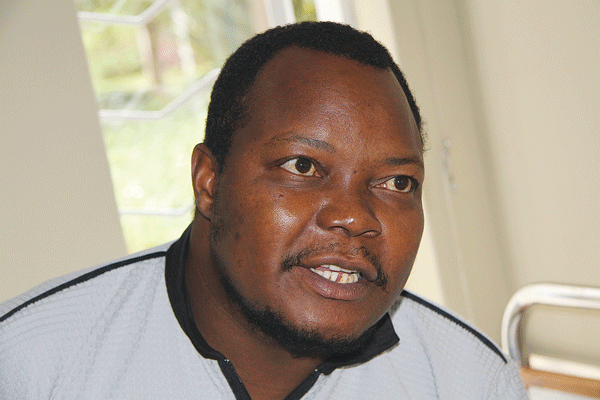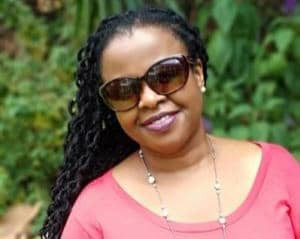
BY ALBERT MASAKA
Outspoken opposition legislator Job Sikhala says he is preparing a mega lawsuit against soldiers behind the brutal attack of children as young as 12 during the recent army crackdown against dissent.
Sikhala, who has been representing people arrested during a police and army crackdown that followed the violent January 14 protests against a hike in fuel prices, said he was shocked by the extent of abuse of children caught up in the dragnet.
“A statement must be sent to the world that Zimbabwe is a torturing state. It must be exposed for what it is,” the Zengeza West MP told The Standard last week after he secured the release of a group of young boys arrested on public violence charges.
“It is a testimony that Zimbabwe is still a primitive state that cannot be defined as part of the civilised global village,” he added.
Sikhala said the boys were now in desperate need of counselling after they were allegedly tortured while in custody.
The five boys were acquitted by a Chitungwiza magistrate last Thursday after prosecutors failed to prove a case against them after they spent three weeks at Chikurubi Maximum Security Prison.
One of the boys, Peter Butau, narrated in graphic detail how two soldiers and two police officers tear-gassed his family house before they seized him on January 14.
- Chamisa under fire over US$120K donation
- Mavhunga puts DeMbare into Chibuku quarterfinals
- Pension funds bet on Cabora Bassa oilfields
- Councils defy govt fire tender directive
Keep Reading
“I was picked up by the police on January 14 on allegations that we had barricaded the road with stones,” he said.
“They came to our house, calling out my name and when I enquired who they were, they shouted that I should give them goods that I had looted.
“At that point my mother closed the door, but they threw teargas into the yard and I then decided to get out of the house.
“As soon as I stepped out, they clapped me and I fell down before they handcuffed me.”
Butau said the soldiers ordered him and the other boys to lie in a pool of water before they started kicking them and tried to force them to confess that they had broken into a boutique in Unit L.
“When I said I was not involved as I spent the day at home, they said I would confess by the time we got to Makoni Police Station,” he said. “They continued assaulting us until we got to Makoni.”
Butau said on the way, the soldiers and police officers picked up other boys and when they got to a place known as Jambanja they forced them into a commuter omnibus, which they commandeered to take them to the police station.
“When we got to Makoni, they ordered everyone to lie on a table at the reception area to get 10 slashes with a sjambok, before we were forced into the police cells,” he said.
“While in the cells they would slap us and beat us under the feet as well as our backs.”
Butau said the plainclothes police officers that tortured them while in detention kept saying he must confess that he broke into a Chicken Inn outlet while others were “allocated different crimes”.
The beatings went on for days until the boys were moved to Chikurubi Maximum Security Prison.
“When they came to our cell, they would separate us according to our ages as we had boys as young as 12,” he said.
“They would group those between 12 and 13 together, the 16 to 19-year-olds and those above 20.
“The detectives would strike us with an iron bar and up to now my left leg is not functioning properly. Each morning it would be swollen.”
Butau was only treated for bruises on his behind while at the prison.
“I am pained because I was tortured for a crime that I did not commit and I was being forced to admit to other crimes,” he said.
“The police tried to force me to confess that I broke into Chicken Inn and Choppies as well as that I burnt a bus.
“Maybe it’s a case of bad luck. I am powerless to do anything to them.”
Another boy from Bulawayo was arrested during the crackdown after police officers said they saw him sweating while walking in town.
Human rights groups say tens of children were caught up in the clampdown against civil society and opposition activists, which has been roundly condemned by the international community.










